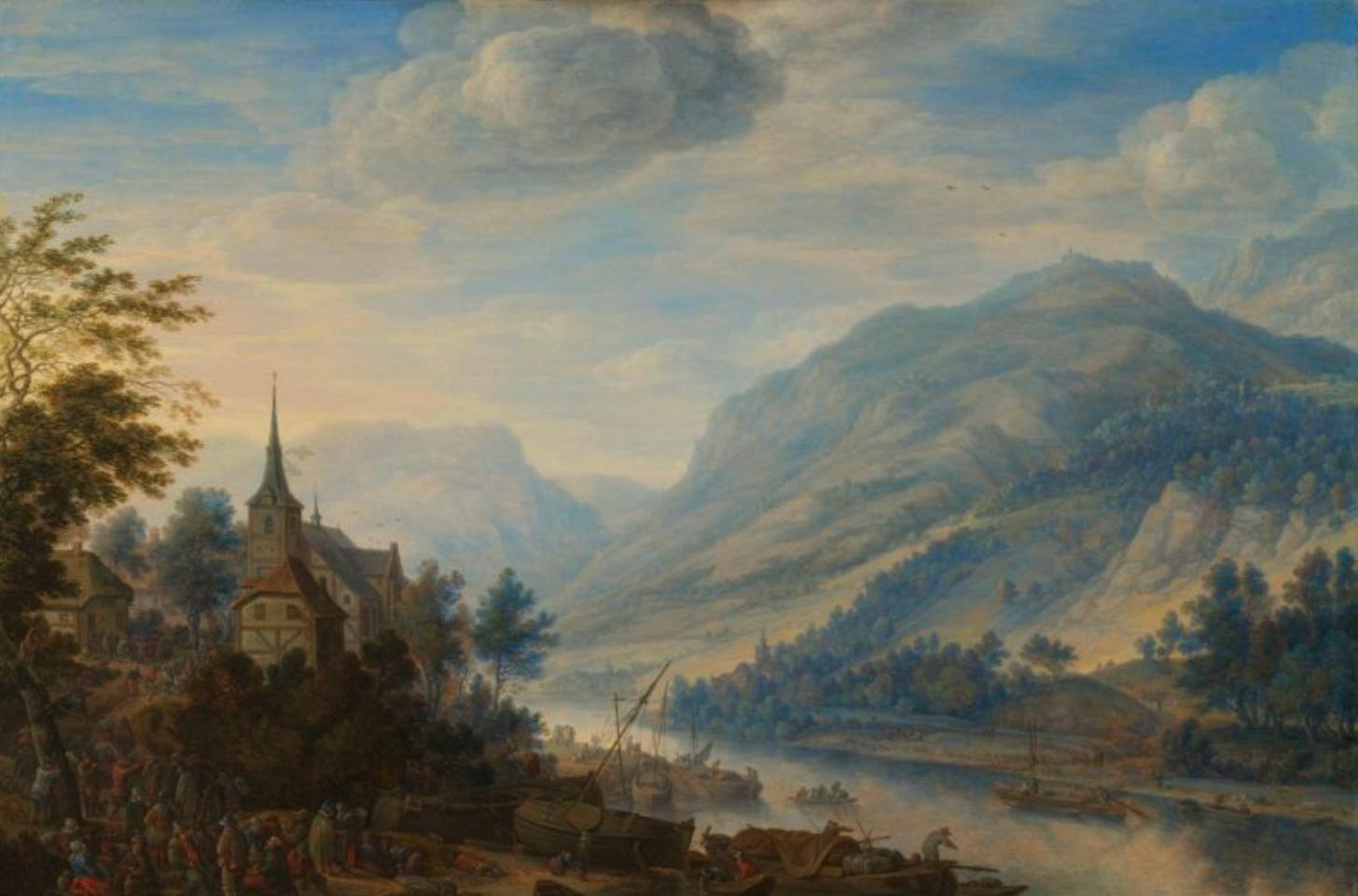Reading // The Poet by Louisa Reid
Wearing // Conjure from Solstice Scents
Drinking // Lavender Earl Grey from David’s Tea
During the lockdown portion of the pandemic, I ordered a bottle of Jo Malone Sage and Sea Salt perfume from Sephora. I don’t make a habit of blind buying $100 bottles of perfume, particularly when I quite literally have nowhere to go, but I got in the habit of spraying a little bit on myself every morning before I settled down to work at my kitchen table (where I still work) and it made me feel slightly better about myself, about everything.
I used the entire bottle of it years ago now and couldn’t justify a repurchase once life began to pick up again, there were other things I’d let languish in that fallow period which suddenly needed my attention. I tried a dupe of it from Dossier, but it just didn’t hit the same and came with a side of headache.
Then, I recently ordered a bottle of Snif’s Heal the Way as a ‘little treat’ in a bleak moment and it awoke something dormant in me. The vanilla pistachio palo santo gourmand was surprising, an unlikely combination of scents I love, and I began again spritzing myself to begin my work from home day.
But now I was on the hunt for fragrances, for something akin to the olfactory experiences I enjoy with wine and loose tea. I went to Le Labo in Berkeley and left disappointed, empty-handed. I smelled my way through several shops, but I’m picky—I don’t like anything too soapy, too powdery, too ‘classic’ smelling.
Enter, the world of indie perfumes.
What began as a late-night Reddit rabbit hole during my one week of freedom between jobs, has morphed into a full-blown hobby. I have spent the past few weeks using some of my vacation payout cash to order scents that fulfill the objective of making me smell like the desert or like a church, with some slight variation therein.
I just received an order from Solstice Scents’ fall catalogue in the mail, I ordered bottles of Conjure and Full Light. As soon as I spritzed Conjure and inhaled, the waft of incense smoke immediately took me back to one of those 90’s era mall stores where you could buy a rain stick or the Pure Moods CD or bundles of incense to burn while you listened to whale song and the girl behind the counter wore gold eyeliner and painted her nails black and was effortlessly cool. It makes me feel like a witchy it girl.
I think in autumn I want to smell like memories.
When I picked up The Rhine Journey by Ann Schlee, a Booker-nominated novel, recently re-released by McNally Editions, I was hoping for a quick dip into the memory of my own journey down the Rhine over the summer. Instead, I received a feminist story of personal revelation and an unexpected psychological journey in tandem with the physical one. Although published in 1981, the sense of the novel being set in 1851 is perfectly maintained and I was surprised to find it was published more recently when I checked the title page.
The novel centers around Charlotte, the spinster sister of Reverend Charles Morrison, who is traveling with his wife, Marion, and daughter, Ellie, along the Rhine. The novel opens with the pious Reverend chiding his sister: “The luggage has simply been left on the deck…I had thought, Charlotte, that you were with it.” They are traveling for Marion’s health and Charlotte’s trip is “generously” paid for by her brother, in unspoken exchange for some servile female-coded duties, like playing the role of baggage chaperone.
Charlotte has a small inheritance from her former employer, now deceased, and in the absence of her now defunct caregiver position, the trip serves as a moment for her to consider her own desires. Her brother and sister-in-law simply assume she will come to live with them and resume her caregiver duties for the gift of room and board—what else is there for a spinster sister to do? But Charlotte begins to imagine that she might have her own cottage, her own life, chafing against the stringent Victorian moral codes.
Then, in a sea of faces, she imagines she spots the face of a long-forgotten man with whom she had a brief and chaste love affair—it is, of course, not him, but another passenger entirely. Yet, as the bandage of time becomes unraveled, her evenings are increasingly filled with romantic longings and imaginings, conversations never had, but perhaps always longed for.
Charlotte’s tumultuous interior journey mirrors the crumbling castles along the churning Rhine and the political dangers of the time, the failed Prussian revolution, and her own distinct lack of freedom. Ultimately, this experience results in what may be perceived as the smallest of rebellions to a modern reader, but one that deeply affects Charlotte’s future.
The omnipresence of one’s own memories can shift the outcome of one’s life or provide a cloak of comfort in the form of a scent, depending on the mood.


